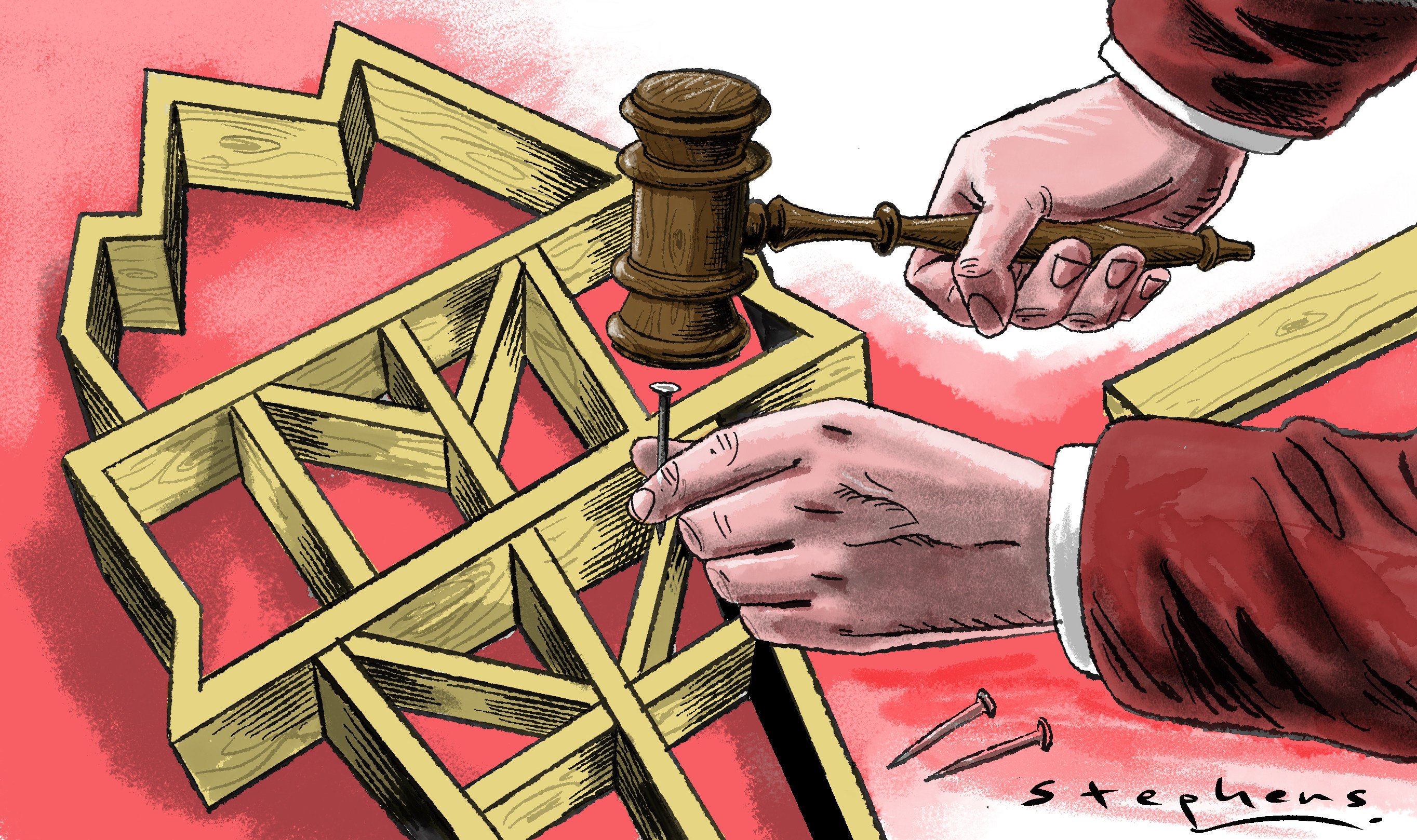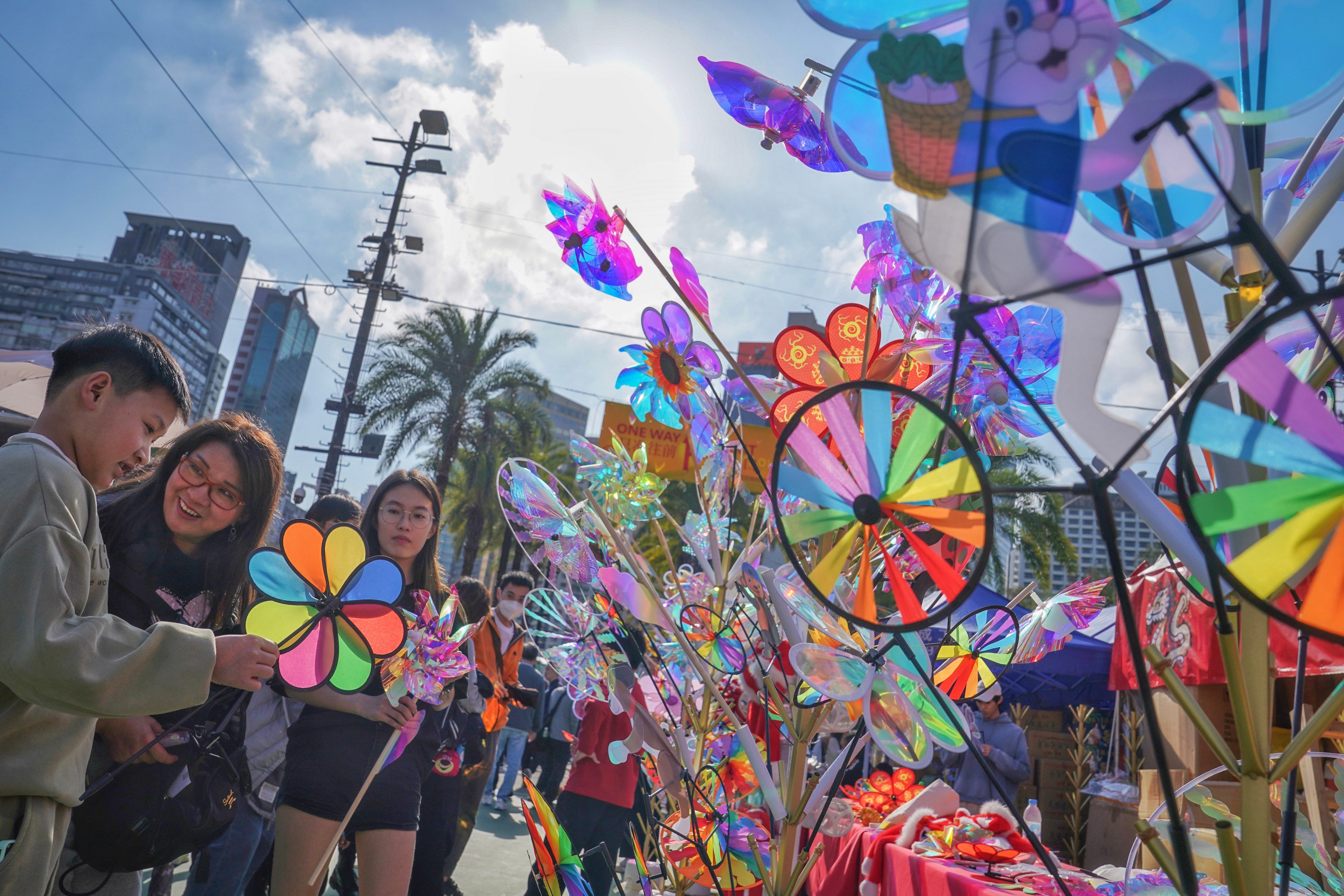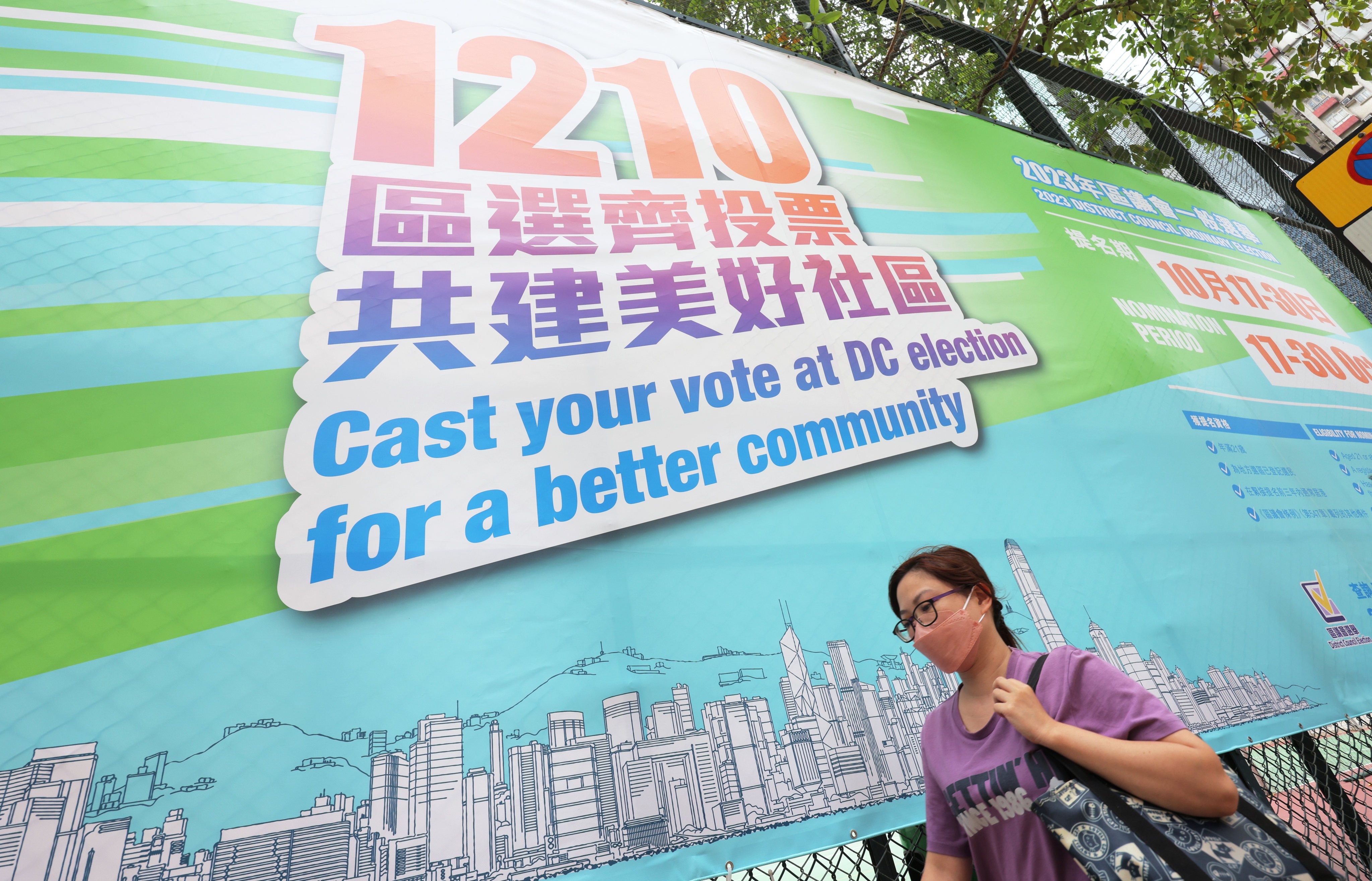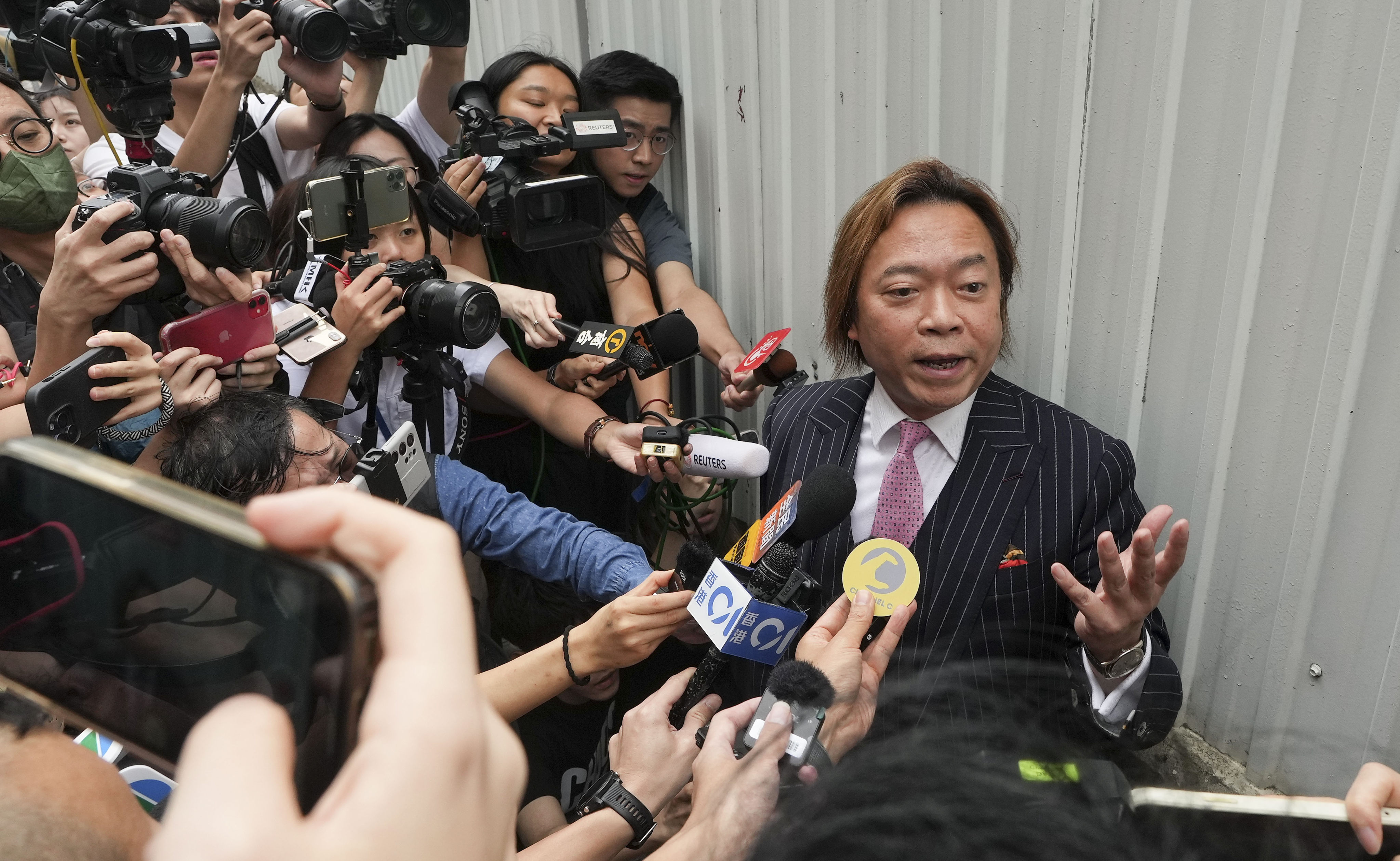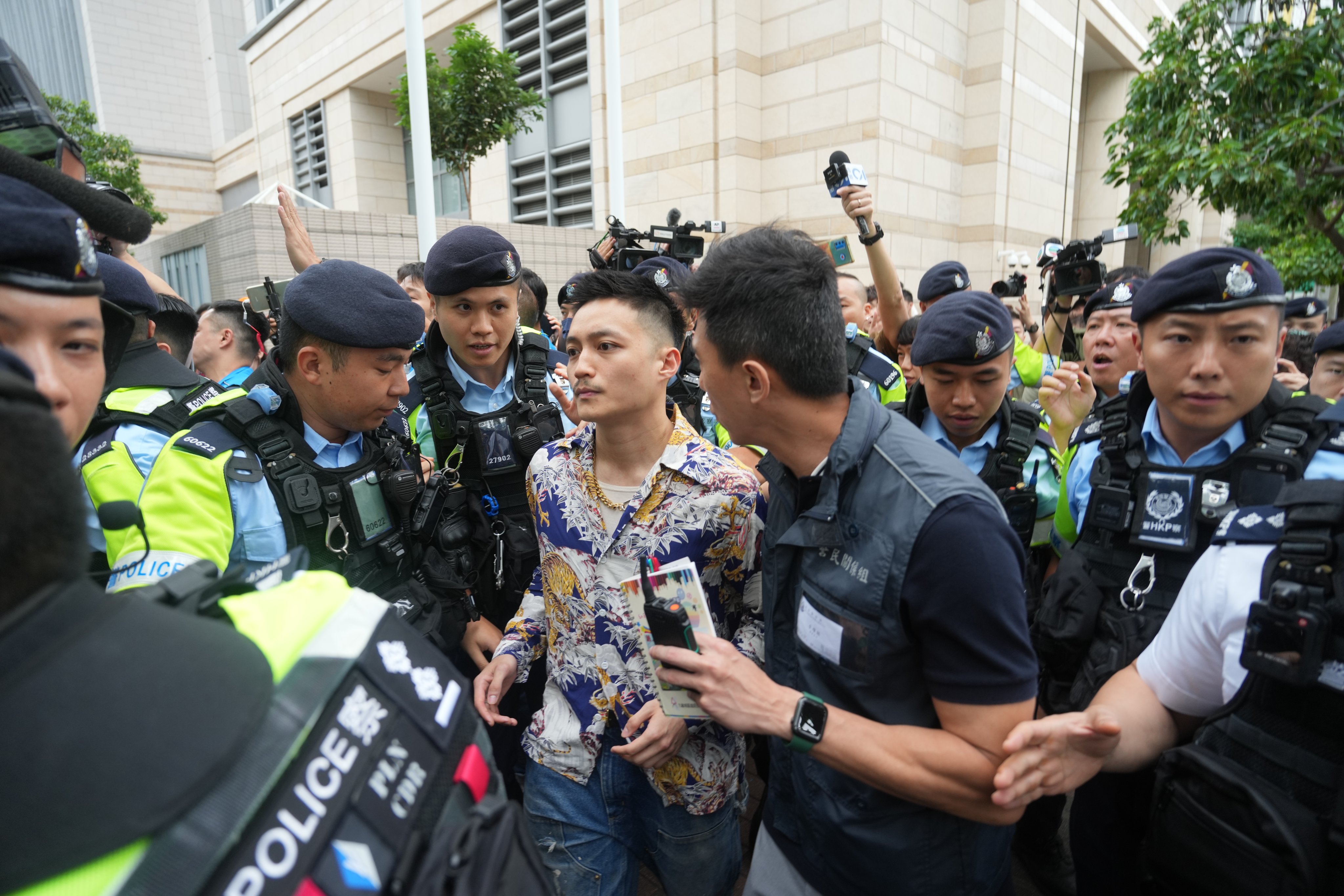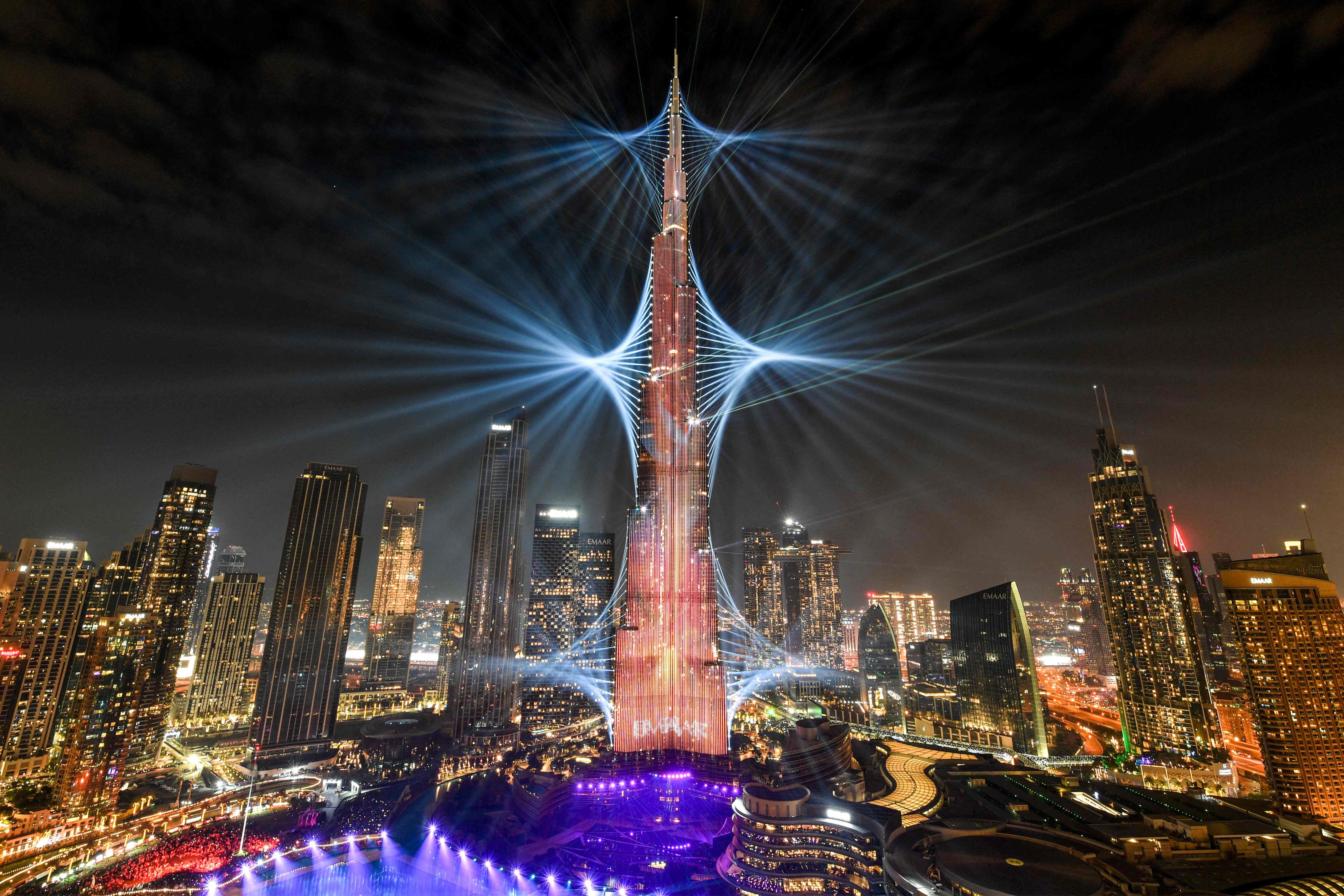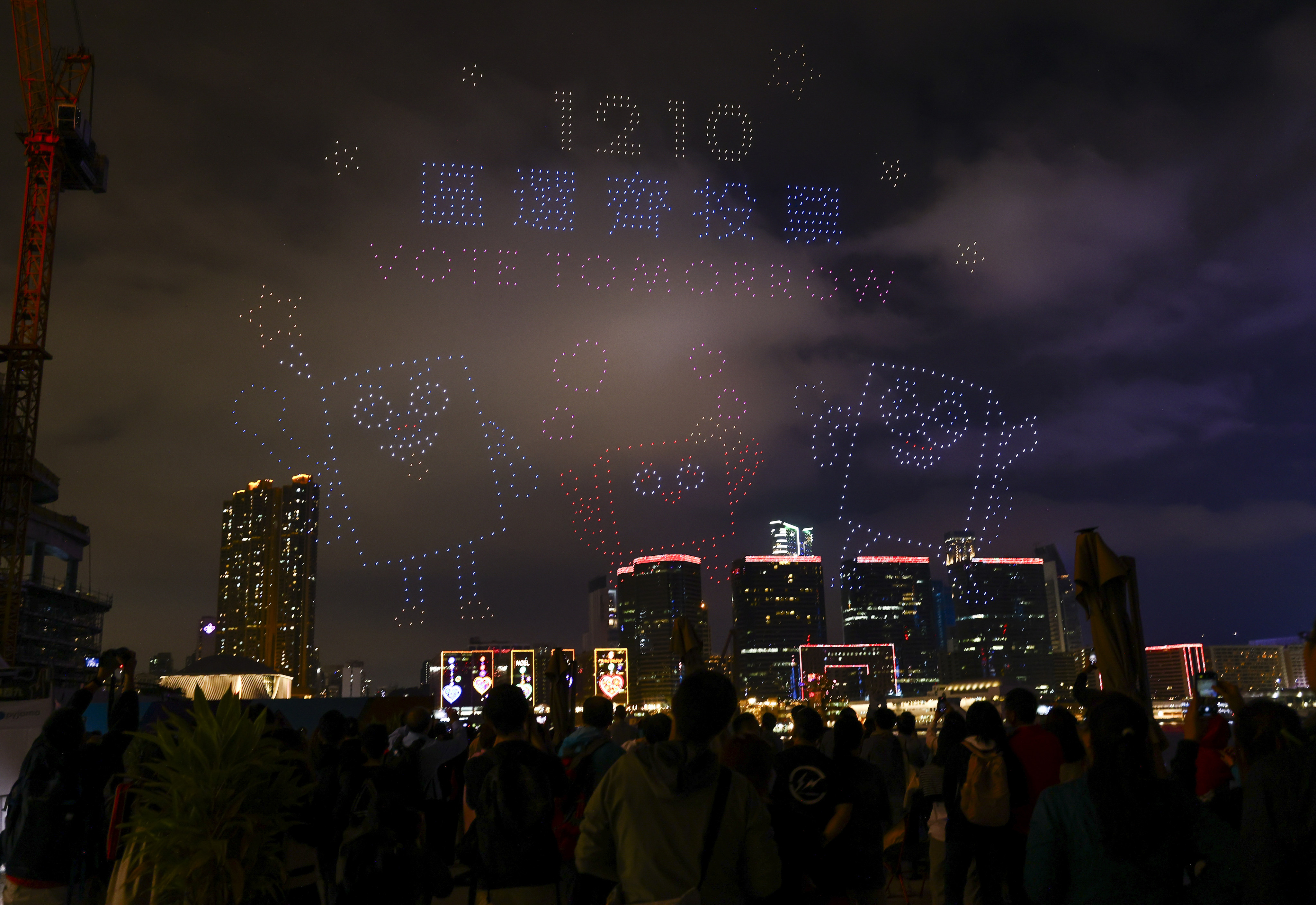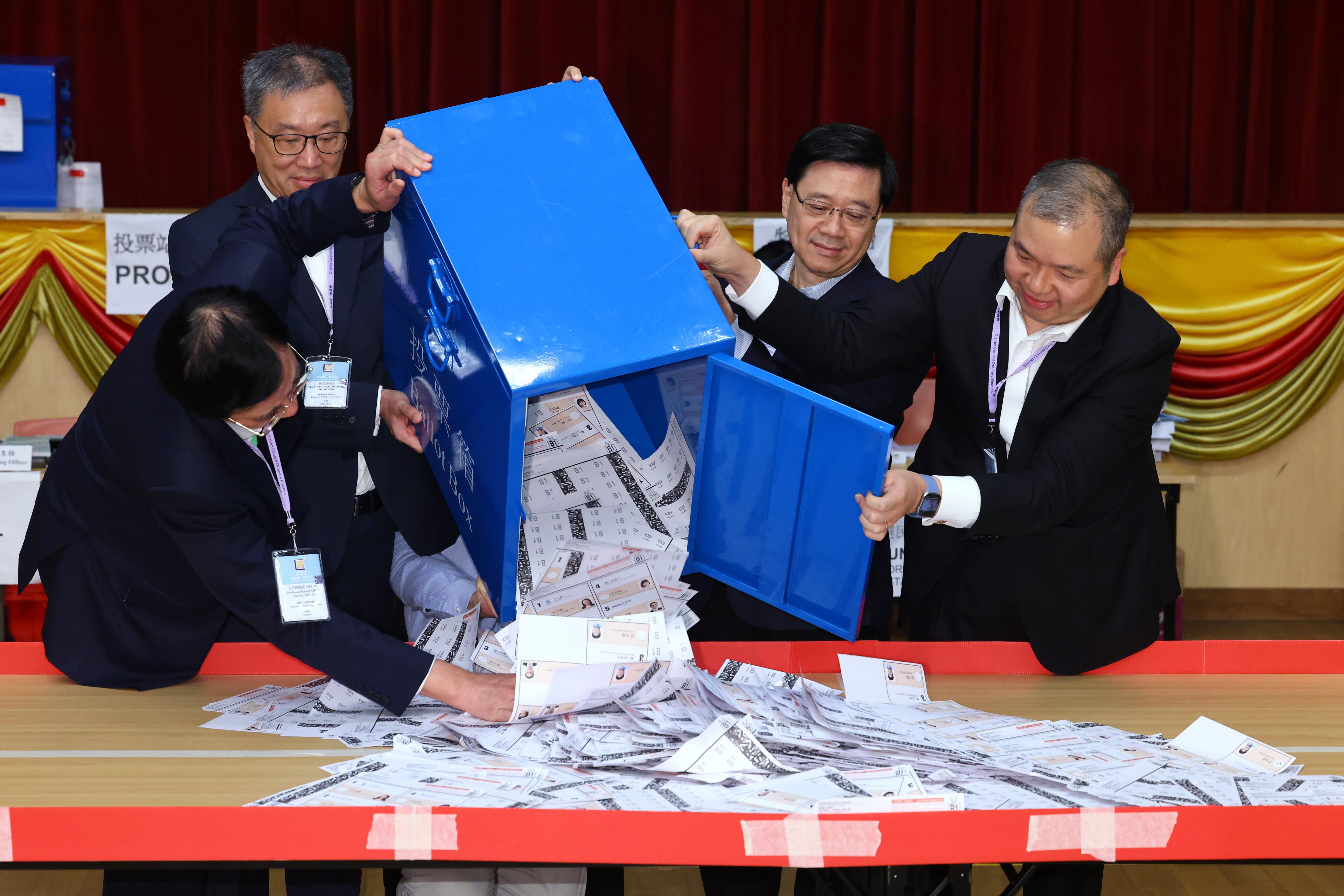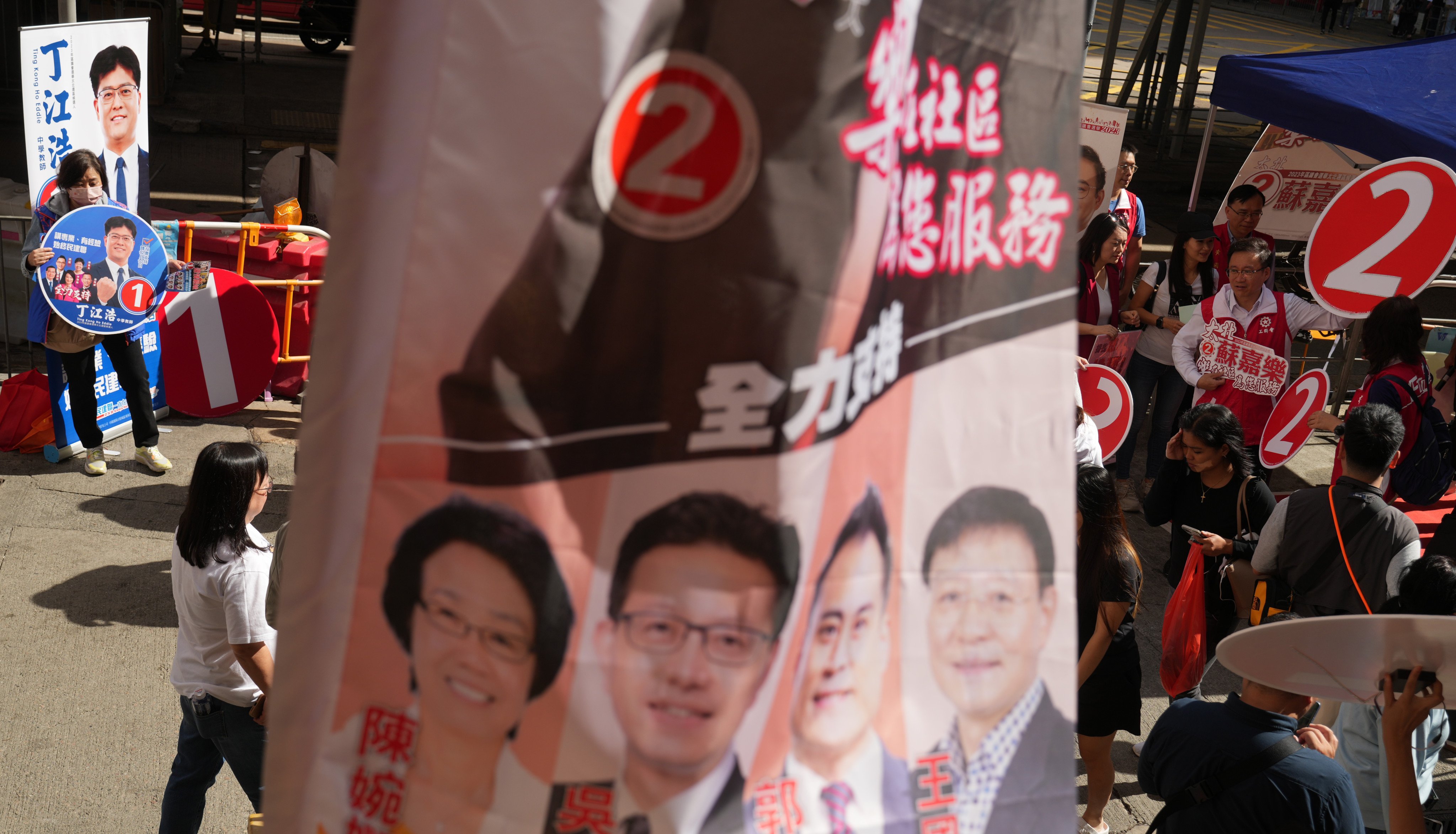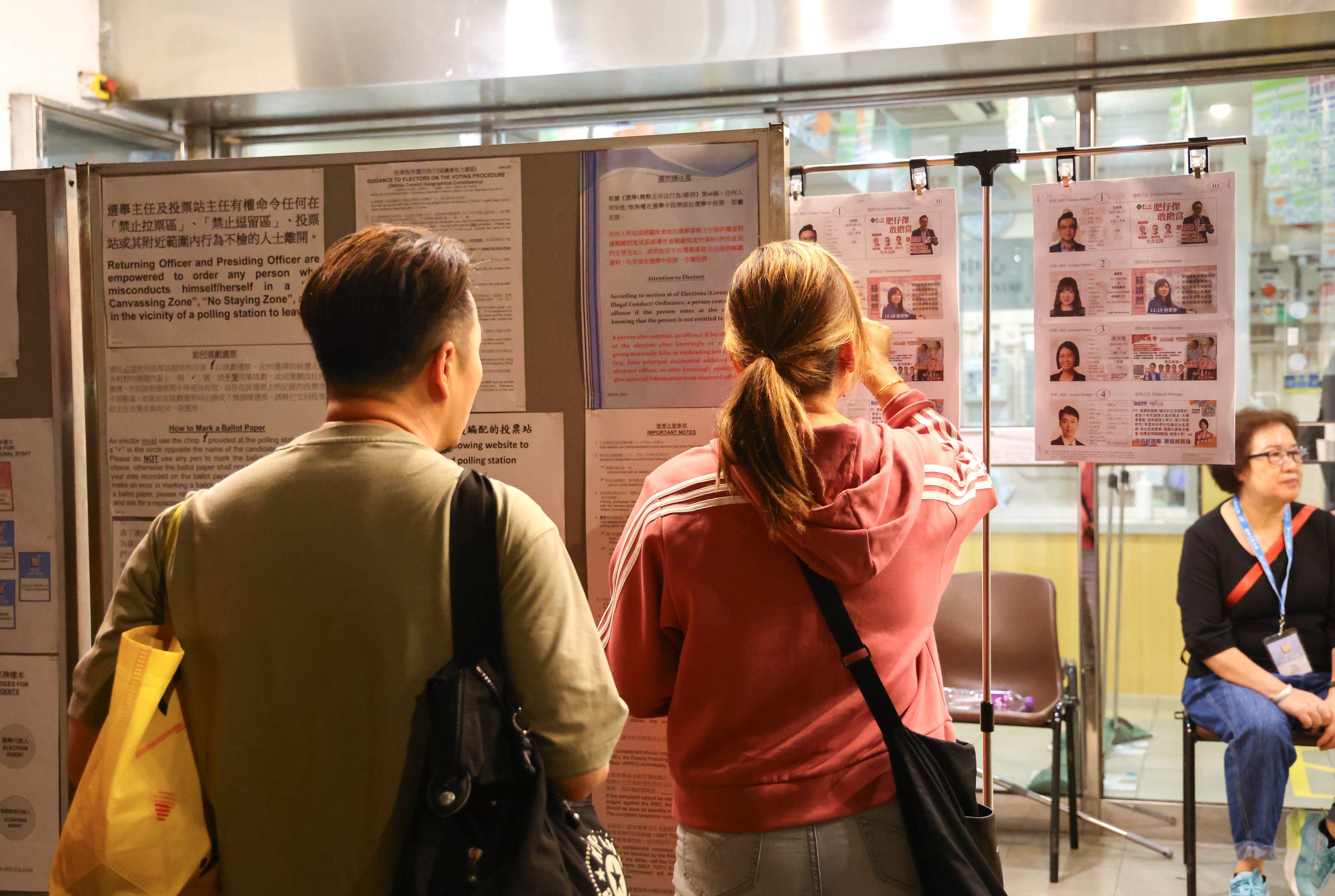Advertisement
Advertisement
TOPIC
Hong Kong political reform
Hong Kong political reform
In June 2015, Hong Kong lawmakers voted on a political reform proposal for how to elect the city's leader by universal suffrage in 2017. Based on a framework approved by Beijing, the plan limited the number of candidates to two or three, with victory going to a person who could win majority support from a 1,200-strong nominating committee. Arguing the arrangement would not offer genuine universal suffrage, pan-democratic lawmakers opposed the plan, which failed as pro-establishment lawmakers did not produce enough votes to secure its passage.
Advertisement
Advertisement
Advertisement
Help preserve 120 years of quality journalism.
SUPPORT NOWAdvertisement
Advertisement
Advertisement
Advertisement
Advertisement
Advertisement
Advertisement
Advertisement
Advertisement
Advertisement
Advertisement
Advertisement

